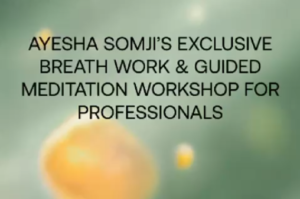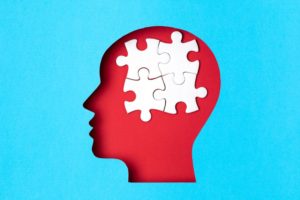Drugs and alcohol are often used to cope with difficult emotions and because of the way the brain responds, people can become quickly addicted. Addictions bring with them a whole new set of obstacles, often leaving the drug user trapped in a cycle of drug abuse, trying to quit and relapsing.
According to the NHS, more of us are struggling with addiction. Managing an addiction can be incredibly hard, affecting all areas of your life, including work, relationships and both your mental and physical health. It can also be very dangerous when someone is a ‘functional’ alcoholic or drug addict, as the person will carry on for longer as they are still able to live an everyday life whilst ignoring the real impact it’s having on them.
How does addiction work?
Drugs help the brain in releasing feel good hormones such as dopamine which makes you feel very happy. This triggers the brain to want to feel that feeling again and again and so you take more of the drug. Over time the brain adjusts itself to produce less dopamine and so the drug user won’t get the same affect and will need to take more of the drug to reach the same high. The lack of dopamine can also make it difficult for the person to feel enjoyment from other activities like seeing friends or other hobbies which they used to enjoy.
Taking drugs for a long time can affect the brain’s chemistry leading to a decrease in memory, learning ability and stress tolerance. Mental health can also sometimes be affected, and users can experience symptoms such as paranoia, aggression, anxiety, lack of energy and even hallucinations.
Hypnotherapy for drug addiction
As stated before, addictions are often used to block out or attempt to deal with difficult emotions. In hypnosis we are accessing the subconscious, which scientists say controls 95% of what we do and how we behave. By getting into a relaxed state and accessing the subconscious we will really delve into why the addiction started in the first place and heal the associated feelings or traumas. We will then reprogram the mind to think and feel differently about using drugs or alcohol to cope. We can also come up with healthy substitutions to help when an addiction impulse arises. I often teach clients breathing techniques, self-hypnosis, and meditation to help alleviate these symptoms.
The number of sessions a person may need varies on the individual and depends on how long and how deep rooted the addiction is.
If this is something you would like to discuss then please feel free to give me a call or leave me a message so we can arrange a free, no obligation telephone consultation to see if this the right route for you.

Ayesha Somji is a qualified FreeMind Hypnotherapist with over 6 years of experience in hypnotherapy, specalising in treating depression and anxiety.
She is passionate about helping others live their life to the fullest, using her knowledge and expertise in hypnotherapy to help people gain control of their thoughts and their life.
Alongside being a qualified hypnotherapist, Ayesha is also a licensed Reiki Teacher and has a Psychology Diploma from the Centre of Excellence.
Outside of hypnotherapy and reiki, Ayesha loves spending time with her children, meditating and swimming.






